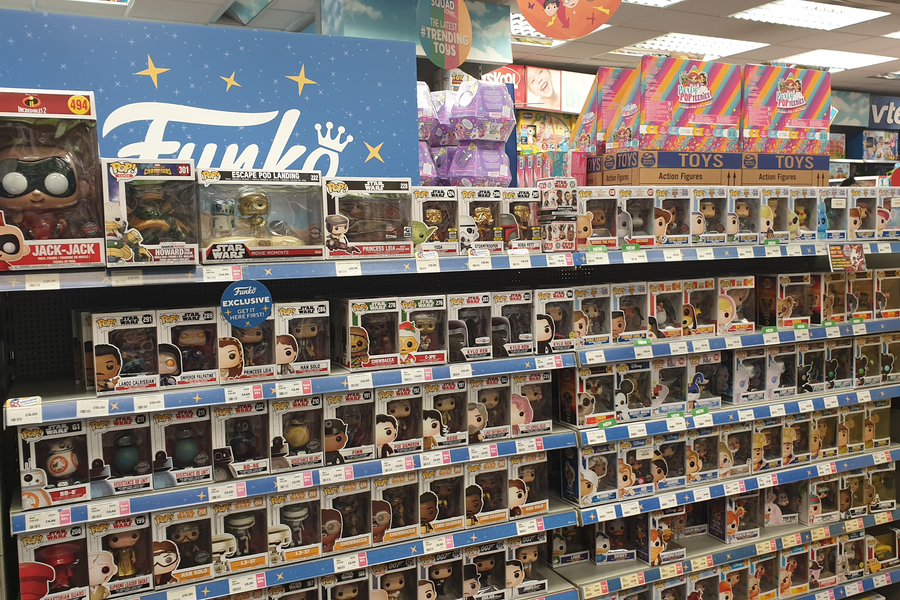This article was written by Ian Downes, Director at Start Licensing Limited, for The Bugg Report.
It is a time of uncertainty in the UK at the moment with much of our conversation dominated by Soft and Hard Brexits. It can be quite wearing. It can also be hard to do business against this backdrop. There is no doubt uncertainty around Brexit, coupled with trading conditions in the retail sector, mean the business of licensing is as tough as it has ever been. Throw corporate mergers into the mix and the picture is quite hazy. Start Licensing has been up and running for 16 years now and I can’t remember a time when day-to-day business was tougher.
But I am actually optimistic for the future. In challenging times the potential for licensing to add value to a business shouldn’t be underestimated. Licensed brands of all types generally come with significant consumer followings, media support and a calendar of activities. Many businesses can benefit from some licensing fuel – this includes retailers. UK toy retailer The Entertainer is a really good example of a specialist retailer that has embraced licensing well but hasn’t come to rely on it entirely. They run a mixed economy. The Entertainer features a good mix of licensed ranges tending to use FSDUs (Free Standing Display Unit) and other focussed display areas to highlight licensed ranges. A good example is their in store commitment to Funko’s Pop! Vinyl figures.
The Entertainer have taken time to get to know the business of licensing.

At a smaller scale GOSH Comics located in London’s Soho district sell a broad range of comics and graphic novels but also stock toys, wall art and gift lines tapping into fan culture. Fan culture is an area in which licensing does well. GOSH tap into the fan market well and are aware of what is going on in the pop culture space. Licensees sometimes overlook this specialist sector — it is one that offers fresh potential. But it has to be managed in a dedicated way.
Another retailer that is using licensing well is the bookseller Waterstone’s. Whilst books are at the heart of their offer Waterstone’s has widened their pitch to embrace other product categories. A good example are boardgames. They feature a number of licensed boardgames including licensed versions of established brands like Trivial Pursuit through to standalone licensed boardgames based on cult properties. A good example is a Jonathan Strange & Mr Norrell board game. Talking to shop staff it is clear they know their customers and feed back to their head office buying teams – great consumer insight.
It is also encouraging to see national retailers like Sainsbury’s using licensed promotions to engender customer loyalty. A Disney Heroes trading card collection created by Brand Loyalty launched in Sainsbury’s in August linked to in store spend. A vote of confidence in the pulling power of licensing.
Another cause for optimism is the response we are getting to licensing opportunities from new to licensing companies. We recently licensed a company called Jardinopia to develop a range of Shaun the Sheep and Wallace & Gromit ‘pot feet’. These are feet used to help pots stand up off the floor in the garden. These are part practical, part decorative and part gift. Jardinopia have a strong business already but felt licensed characters would give them an extra selling point, new distribution outlets and a way of outpacing the competition. Their product will be showcased at specialist events such as GLEE — a garden industry trade show. Working with a new licensee can be challenging and time consuming, but it is also rewarding and a way of breaking through the market malaise.






